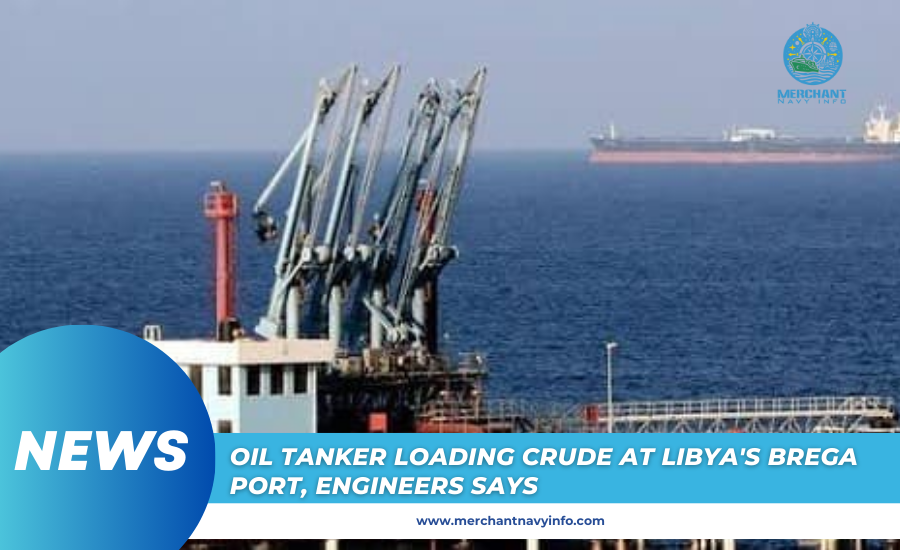
Crude Oil Being Loaded Onto Tanker At Libya’s Brega Port, Engineers Report
Engineers said the 600,000-barrel tanker Front Jaguar loaded crude at Libya’s Brega port on Wednesday, even as a blockage halted other exports.
The engineers said the tanker was allowed to load oil from storage after Libya’s main port halted exports, but they did not provide further details.
Crude exports from Libya’s main ports have been suspended for about a week, and oil production has also fallen since eastern authorities ordered a complete halt to oil production on Aug. 26.
The eastern authorities’ statement came in response to Western factions ousting Sadiq Kabir, the veteran governor of Libya’s central bank, and replacing him with a rival military council. On Tuesday, Libya’s two legislative councils said they had agreed on a mechanism to resolve a dispute over control of Libya’s central bank, which derives its revenue from Libya’s oil exports, which comprise the bulk of the country’s wealth.
Crude exports from the port of Zoetina remained suspended on Wednesday, but engineers there told Reuters that the 5,000-ton tanker Gas United was expected to arrive on Thursday to load propane.
The crisis over control of Libya’s central bank threatens to worsen and could end four years of relative peace in the top oil exporter, which has long been split between eastern and western factions.
The National Oil Corporation, which controls Libya’s oil resources, declared force majeure on Monday at the El Feel field, which has a capacity of 70,000 barrels per day. Reuters reported last week that production had been halted.
Total oil production had fallen by more than half from normal levels to just over 590,000 barrels per day, the National Oil Corporation said on Aug. 28. It is unclear where production is currently being produced. Reuters reported on Saturday that Libya’s Sarir, Masra, and Nafula fields had received orders from the National Oil Corporation subsidiary Arabian Gulf Oil Co. to resume production.
Field engineers said on Wednesday that about 150,000 barrels per day of Sarir and Masla output were arriving at the port of Hariga for local consumption, with the remainder being stored.









